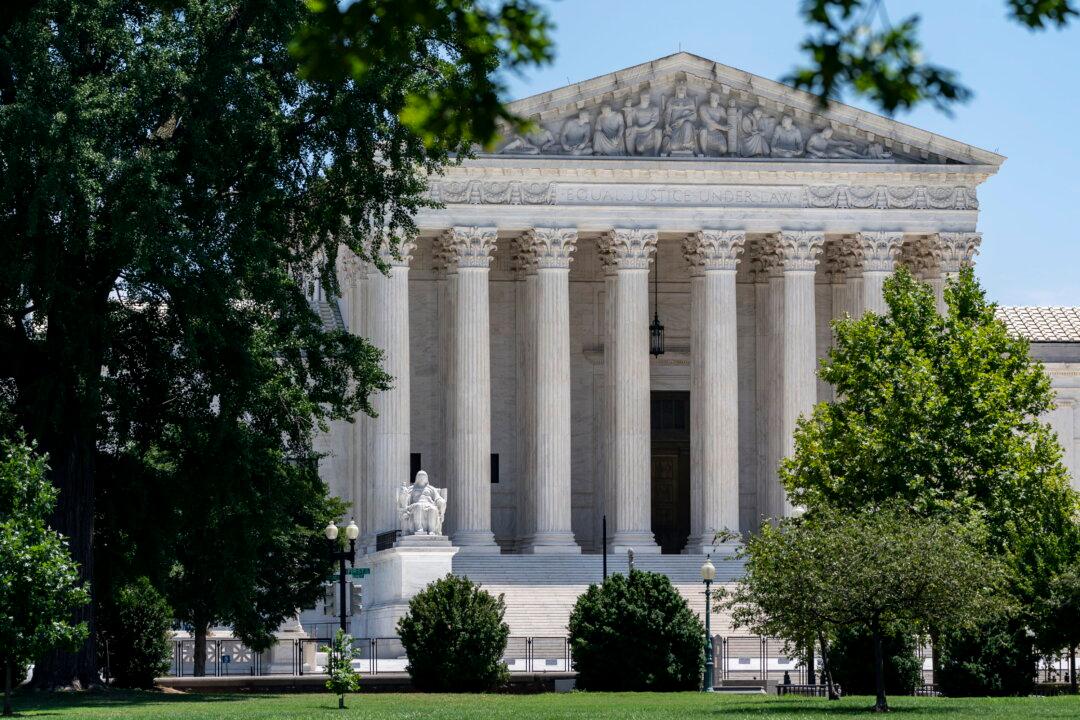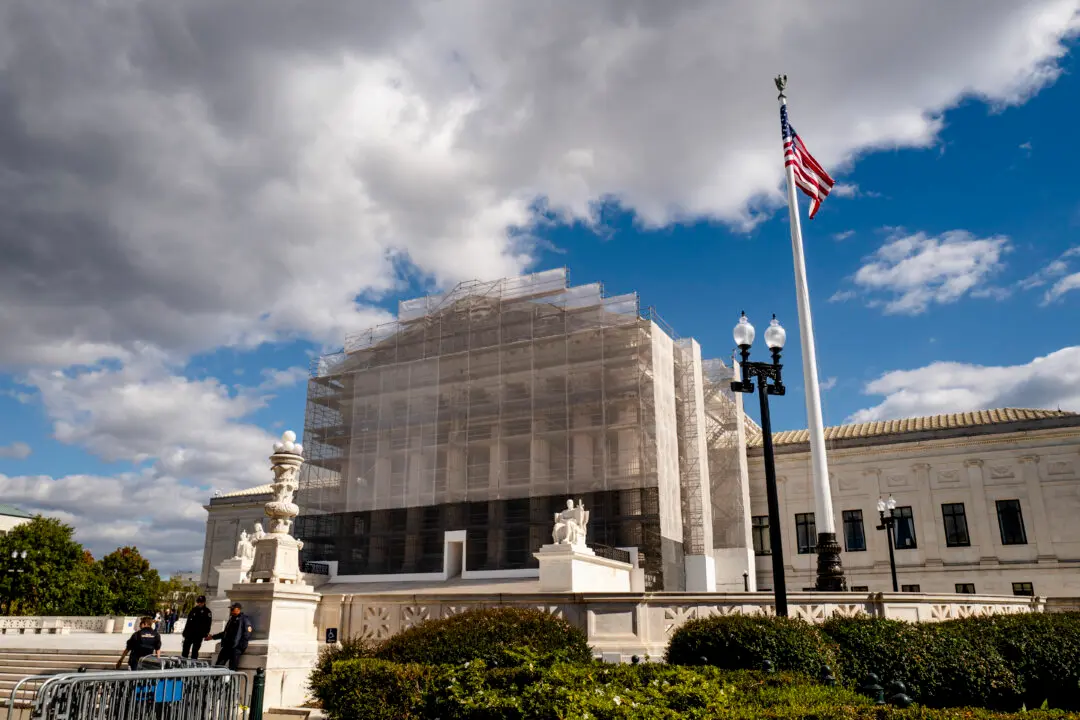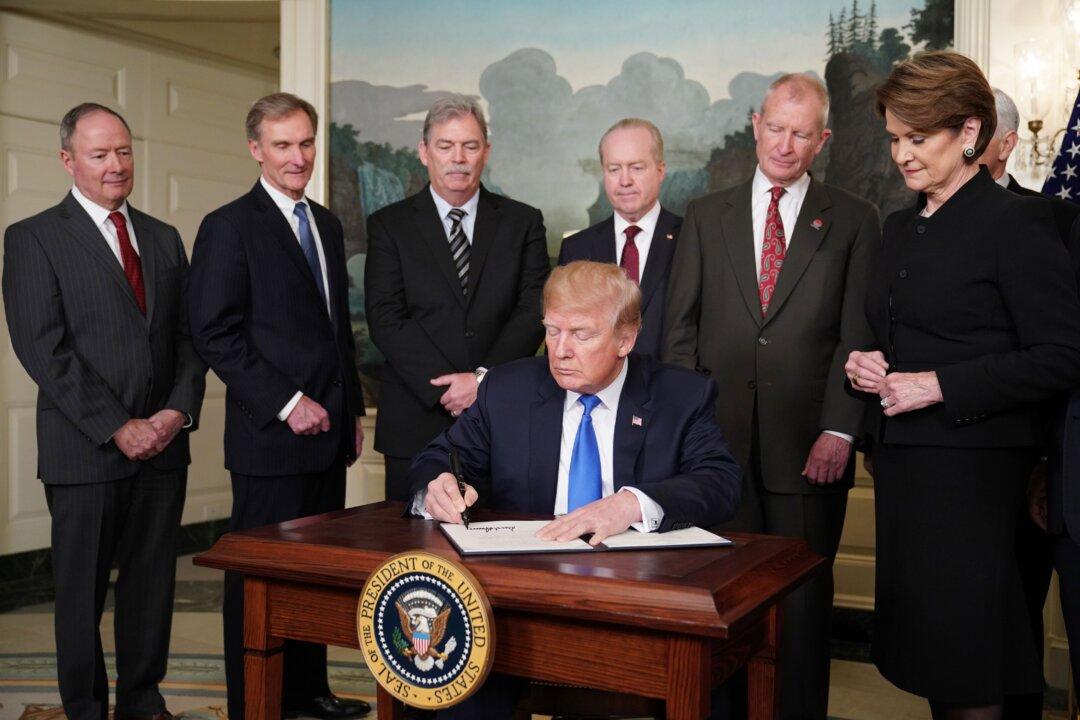Commentary
As you may know, the primary “constitutional” justification for our out-of-control administrative state is a grossly bloated version of the Constitution’s commerce power. In a case pending before the Supreme Court, apologists for centralized authority want the justices to expand that power even more.





